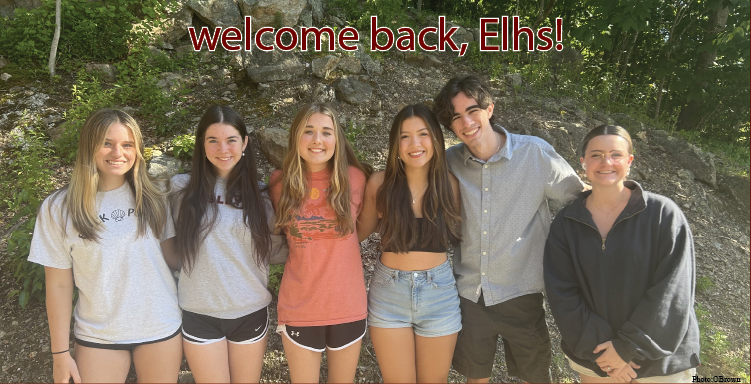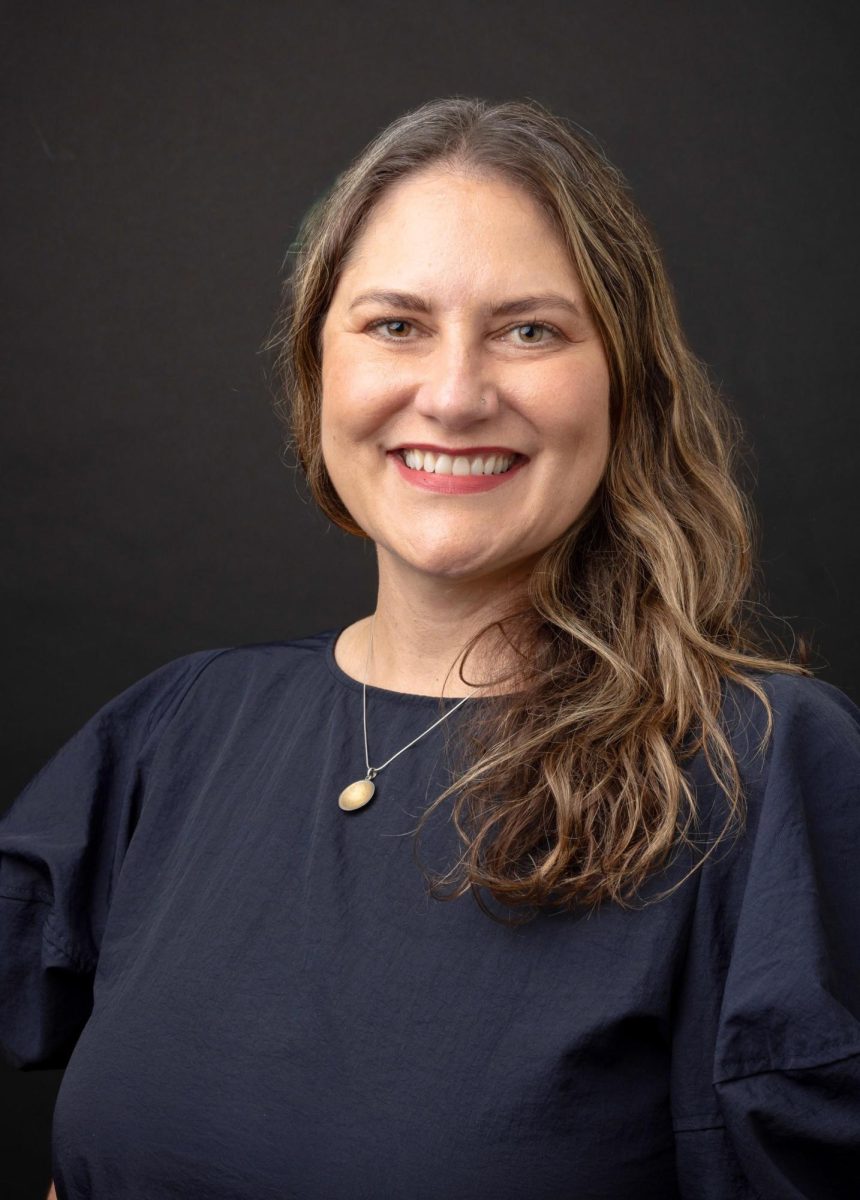Connecticut’s 16 landfills are filling like wildfire.
Incineration plants are not a reliable alternative, as they’re a leading cause of pollution. CT is in need of solutions. ELHS’ DECA Club (Distributive Education Clubs of America) is working to tackle this with the Food Scrap Collection Program, which is planned to be implemented in January and will regulate ELHS composting.
“Since we’re a business and marketing club, we thought it’d be a good idea for us to market this idea. Push it out, let people know, and try to set it up,” DECA co-president Aaryan Sagar said.
This program began with DECA advisor Narciss Greene listening to the “How to Save the Planet” podcast where Dr. Ayana Elizabeth Johnson describes her Climate Action Venn Diagram.
“I heard of all these different ways I could help, but none of them spoke to me or seemed like something I could implement at school. Then I realized that composting is absolutely achievable,” Ms. Greene said.
Composting allows for healthier soil by recycling organic materials like food waste. The club plans to have four composting stations throughout the cafeteria, all with sortable bins.
“There’s going to be two bins, one for normal trash and one for compost. [Students] bring up their trays and we just sort through it,” DECA co-president, Shreyal Bhagwat said.
The ultimate goal within this program is to divert the food waste that’s being sent to landfills and incineration plants. The capacity that compostable food, which cannot decompose properly in landfills, takes up is valuable and could be distributed in more useful ways.
“We want to have enough room for housing, growing food, all of these things. If we want to do that, we need to reduce our trash because right now it’s taking up a ton of space,” Ms. Greene said.
In the future, Ms. Greene has hopes to partner with local farms and composting facilities. This could give students interested in the agricultural field opportunities to have a better understanding of the composting process.
Volunteering for the program is possible for all students. If interested, you can access the Google Classroom with more information using “5yolutj.” Sorting through trash at lunch is an easy way to gain volunteering hours, as it takes place during the school day.
DECA is attempting to work with the Gardening Club to raise $7,500 before Oct. 30 to make this change possible. These expenses will help cover the food scrap pickup, kitchen staff needs, signage, and supplies. The QR code leads to the donation website. A small donation makes a big difference and is greatly appreciated.










